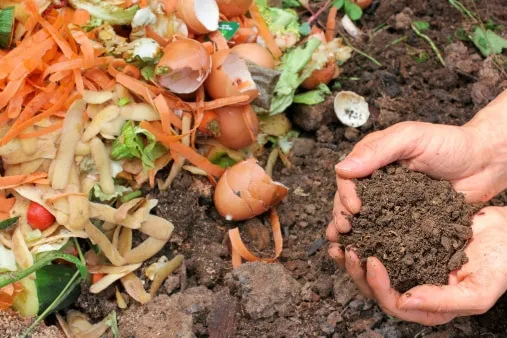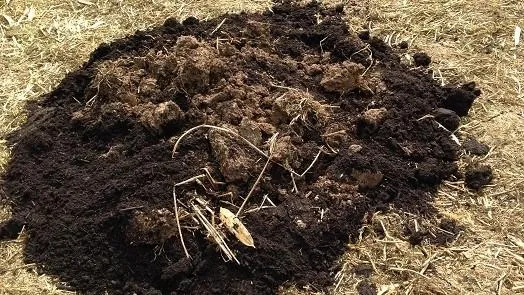Obtaining good quality organic products implies controlling the carbon/nitrogen (C/N) ratio of the raw materials used in the preparation of compost or any other biological product to be prepared for agricultural use.



▶ In this sense, the scientific literature on agroecology explains that if the C/N ratio is very low, composting is carried out more quickly, but the excess nitrogen is released in the form of ammonia, causing a loss of this element as well as an environmental problem, since ammonia is a gas with a considerable greenhouse effect.

▶ Credits: Extension. – [Image of Public Domain]
≕ I invite you to stay tuned and read my next contribution ≔
On the other hand, a C/N ratio equal to or greater than forty tends to decrease biological activity, since the microorganisms must oxidize the excess carbon, which leads to the slowing down of the composting process, due to the deficient availability of nitrogen for protein synthesis.
These are the fundamental elements and the ones that often turn out to have the character of being a limiting factor and are required for decomposition by microorganisms, so it is necessary to know what effects result from the variation of the C/N ratio.
Fundamentally, it is necessary to know the variation of the C/N ratio in the composting process with raw materials used in the elaboration of compost or any other biological product to be prepared for agricultural use.

It is therefore imperative to evaluate the initial C/N ratio of the raw materials on the physicochemical, chemical and microbiological quality of composts made from raw materials used in the elaboration of compost or any other biological product to be prepared for agricultural use.
NOTE: Reference material.
